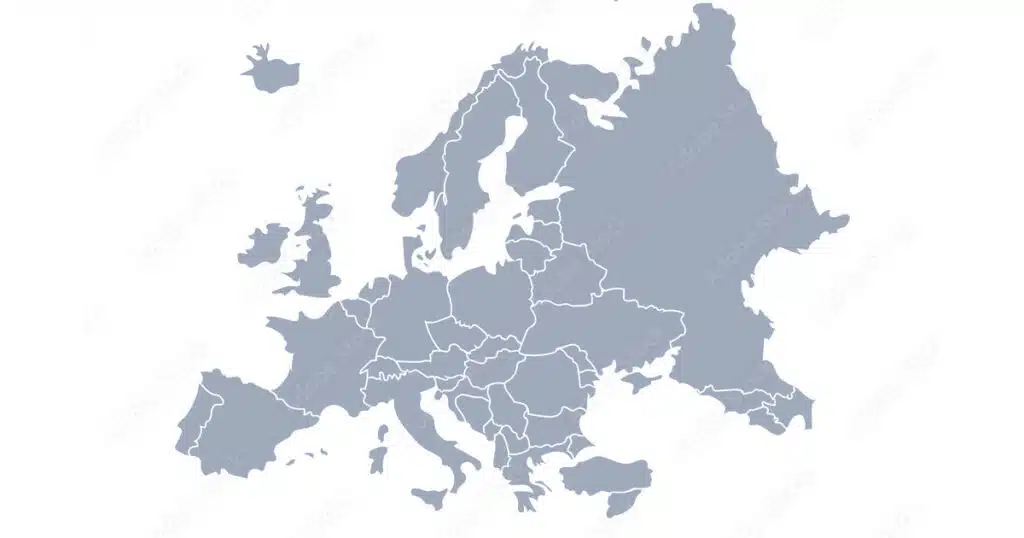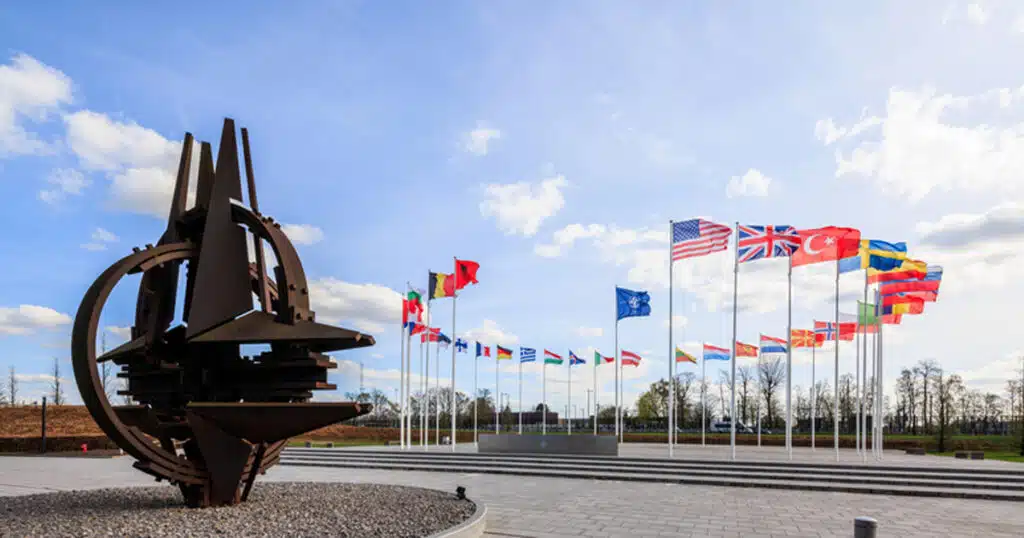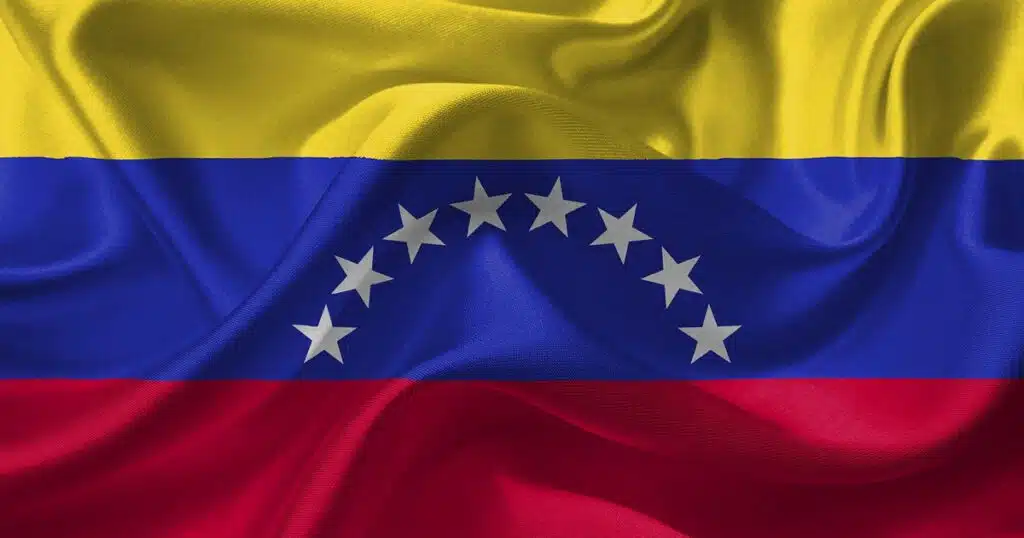
Europe’s Self-Inflicted Irrelevance: Why The Paris Summit Is A Sideshow
Today, the great and the good of Europe are gathering in Paris for yet another emergency summit, this time to discuss Ukraine and “security in Europe.” The spectacle will be grand, the rhetoric will be lofty, and the statements will be full of self-importance. But make no mistake – this meeting is little more than a diplomatic mirage. Europe has been sidelined from serious strategic decision-making because it has long refused to be a serious player in defense and security. The real discussions about Ukraine’s future aren’t happening in Paris; they will take place in Saudi Arabia, where the United States and Russia will engage in actual negotiations that determine the trajectory of the war. Europe has been reduced to bystander, offering commentary while others make the real moves. This is the logical outcome of decades of strategic neglect and delusions of moral leadership without the hard power to back it up.
For years, European leaders have clung to the fantasy that they could shape global affairs through soft power, economic leverage, and moral posturing. Meanwhile, they have gutted their militaries, outsourced their security to the United States, and hoped that history had somehow moved beyond the need for deterrence. The result? When war returned to the continent, they found themselves utterly unprepared. NATO’s European members have scrambled to rearm since Russia’s invasion of Ukraine, but their efforts remain lackluster. Germany, despite its grand proclamations of a “Zeitenwende” (historical turning point), is still struggling to meet even its own modest defense targets. France, despite having one of the most capable European militaries, lacks the resources to lead continent-wide efforts. The United Kingdom, under successive governments, has allowed its military capabilities to erode, leaving it struggling to project power beyond token gestures.
The numbers tell the story of a continent that simply refuses to take its own security seriously. In 2022, the European Union’s total defense spending was just 1.3% of GDP. Some countries, like Ireland, spent as little as 0.2%. Meanwhile, Russia has ramped up its defense spending by over 40% in 2024, surpassing the combined military budgets of all European nations. China, too, continues its meteoric rise in military spending, further cementing its status as a global power capable of shaping security dynamics far beyond its borders. Europe, by contrast, remains fragmented, underfunded, and strategically incoherent.
This is why the U.S.-Russia talks in Saudi Arabia are happening without European leaders at the table. Washington and Moscow know that Europe – despite all its declarations of unity and resolve – simply does not matter in the high-stakes diplomacy that will determine Ukraine’s fate. The war in Ukraine has underscored Europe’s dependence on American military might, as European states deplete their own stockpiles to send weapons to Kyiv, only to beg Washington for replacements. The uncomfortable truth is that without American support, Europe’s ability to sustain Ukraine’s war effort would collapse almost immediately. And if the U.S. were to shift its focus elsewhere – say, to Taiwan – Europe would be left exposed.
The exclusion of Europe from these negotiations should serve as a wake-up call, but there is little reason to believe that it will be. The Paris summit itself is already plagued by internal divisions, with several EU states voicing frustration at being excluded from the Elysee Palace talks. Italy’s Giorgia Meloni has openly criticized the selective invitations, highlighting just how fractured Europe remains. Far from projecting strength, the gathering in Paris is yet another reminder that the continent cannot even coordinate among itself, let alone influence the broader global order.
Even if European leaders were given a seat at the table in Saudi Arabia, what exactly would they bring to the negotiations? They have no unified military strategy, no credible deterrence posture, and no leverage beyond empty diplomatic statements. Worse still, European capitals remain divided on fundamental questions about Ukraine’s future. Some leaders, like Emmanuel Macron, flirt with the idea of sending Western troops to Ukraine in a desperate bid to remain relevant. Others, like Germany’s Olaf Scholz, continue to drag their feet on military aid while wringing their hands over the supposed risks of escalation. Such incoherence makes Europe not only a weak actor but a liability in serious strategic discussions.
The only way for Europe to reclaim its place in global security decision-making is to fundamentally rethink its approach to defense. This means abandoning the illusion that the world can be shaped through international law and goodwill alone. It requires acknowledging that power still matters, and that military strength – not moral rhetoric – is what ultimately guarantees security. The European Union must transition from being a loose economic bloc with fragmented defense capabilities into a genuinely capable security actor. This will require a radical shift in priorities: sustained investment in defense industries, deeper military integration among member states, and a willingness to act decisively without waiting for Washington’s approval.
There are signs that some European nations understand this. Poland has embarked on an ambitious military buildup, recognizing that the threats it faces require hard power solutions. The Baltic states have taken proactive steps to bolster their defenses, understanding that deterrence is their best insurance policy against Russian aggression. But these efforts remain the exception rather than the rule. The broader European project is still hamstrung by an unwillingness to make the necessary sacrifices for security.
The Paris summit will conclude with the usual platitudes about “European unity” and “standing with Ukraine.” Leaders will shake hands, pose for photos, and issue carefully worded statements meant to project strength. But behind the scenes, the reality is clear: Europe is a geopolitical spectator, not a player. And as the real negotiations unfold in Saudi Arabia without them, European leaders have only themselves to blame.
If Europe wants to matter, it must change. It must invest in real military capabilities, not just paper commitments. It must build a credible deterrent that does not depend on the goodwill of Washington. And it must be prepared to act, rather than endlessly debate. Until then, summits like the one in Paris will remain exactly what they are today – a sideshow to the real events shaping the future of global security.
Andrew Latham, Ph.D., a tenured professor at Macalester College in Saint Paul, Minnesota. He is also a Senior Washington Fellow with the Institute for Peace and Diplomacy in Ottawa and a non-resident fellow with DefensePriorities, a think tank in Washington, DC.
This article was originally published by RealClearDefense and made available via RealClearWire.



